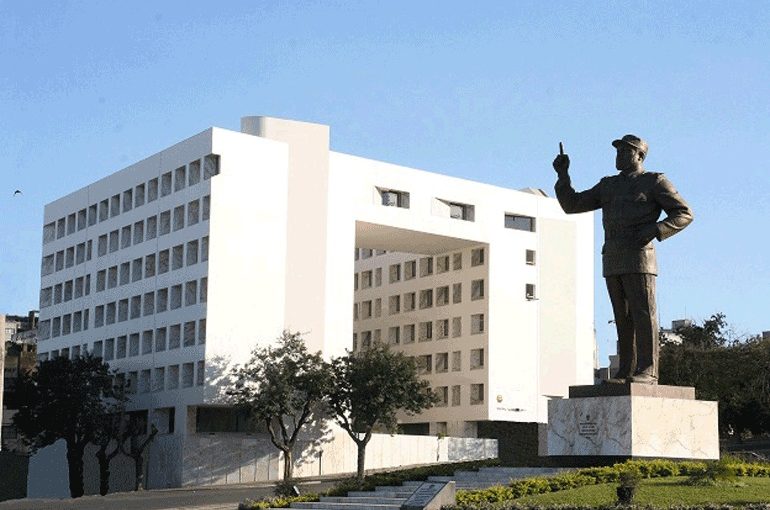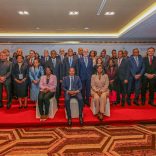IMF lending to Africa nears $70 billion since 2020, with further support expected
Hidden debts: Administrative Tribunal bypassed – AIM report

in file CoM
Mozambique’s Administrative Tribunal, the body that supervises the legality of public expenditure, has claimed it was unable to assess the legality of the country’s “hidden debts” because it was kept at arm’s length from the whole deal.
The term “hidden debts” refers to the loans of over two billion US dollars granted in 2013 and 2014 to three fraudulent, security-related companies, Proindicus, Ematum (Mozambican Tuna Company) and MAM (Mozambique Asset Management), by the banks Credit Suisse and VTB of Russia, on the basis of illicit loan guarantees granted by the government of the day, under President Armando Guebuza.
The companies never had the slightest chance of repaying the loans, but the guarantees issued, in blatant violation of the Mozambican budget law, and the Constitution, ensured that the state became liable for repaying the entire amount.
The chairperson of the Administrative Tribunal, Machatine Munguambe, interviewed by AIM on Tuesday, said the Tribunal was kept out of the loop, and was never given the opportunity to declare the entire operation as irregular, and thus prevent the three companies from contracting illegal debts.
“The Mozambican control institutions didn’t have the space to comply with their mission”, he claimed. “Business that is done under the bed, in the dark, or in international fora, is done in such a way as to annul any capacity to control it, and that’s what happened”.
Munguambe argued that the Mozambican audit bodies, such as the Administrative Tribunal had not failed in their mission to check the legality of the ”hidden debts” – instead, they were deliberately bypassed so that they did not intervene to stop illegal acts.
“We cannot consider that we failed in our mission to control, because we can only control what the government does in the light of day”, said Munguambe.
Nonetheless, it was clear to him that the loans were illicit because the country’s parliament, the Assembly of the Republic (the only body, under the Constitution, which can authorise this type of public debt) had not been consulted.
The contracts involved had not been submitted to the Administrative Tribunal for approval – and Munguambe added that, since the contracts were illegal, the Tribunal would never have approved them.
The Attorney-General’s Office (PGR), in January 2018, referred to the Administrative Tribunal all the “financial infractions” involved in the three fake companies and the loans. Munguambe assured AIM that the Tribunal is working seriously on the matter, but warned that given the complexity of the case, the investigations would still take some time.
Meanwhile, the PGR has pushed ahead with criminal charges against 20 people, accused of blackmail, forgery, use of false documents, abuse of their position, embezzlement and money laundering. Those accused include the former head of the Intelligence Service (SISE), Gregorio Leao, the SISE officer who headed all three fraudulent companies, Antonio do Rosario, and the former President’s oldest son, Ndambi Guebuza.












Leave a Reply
Be the First to Comment!
You must be logged in to post a comment.
You must be logged in to post a comment.